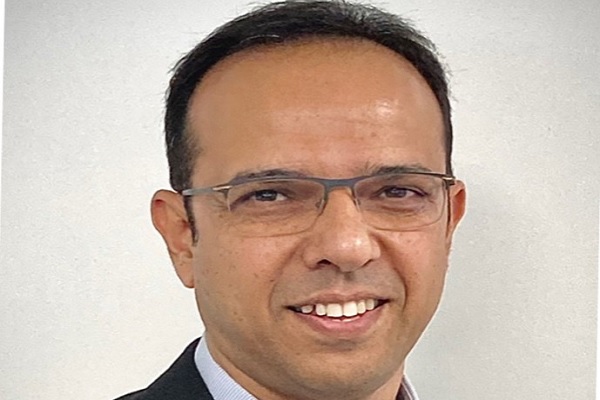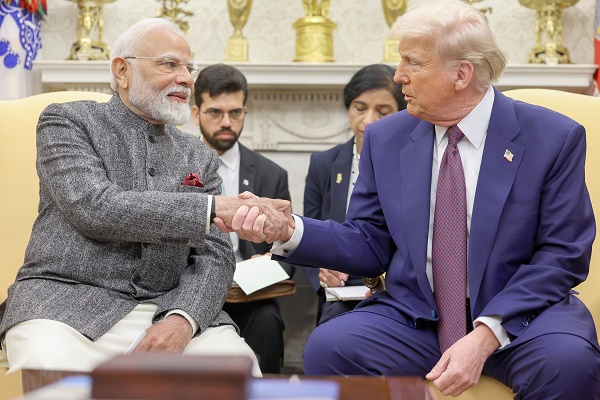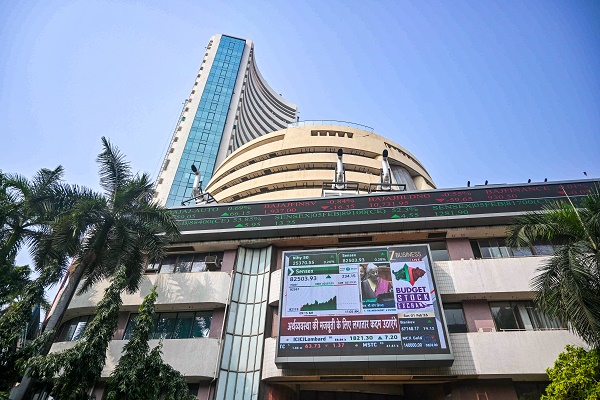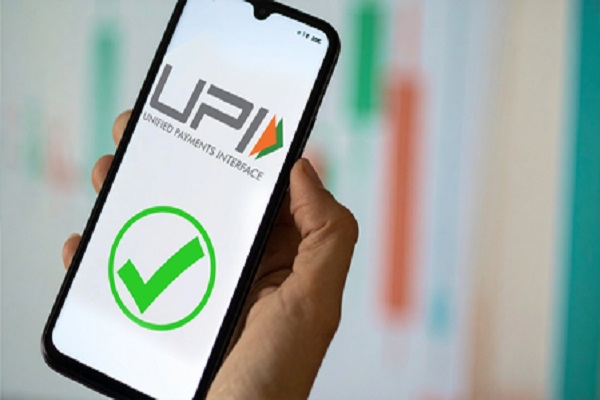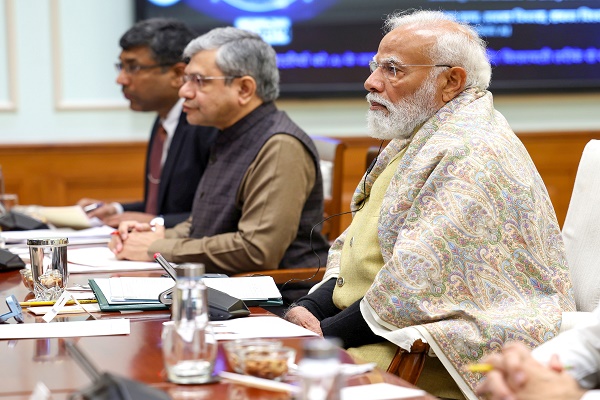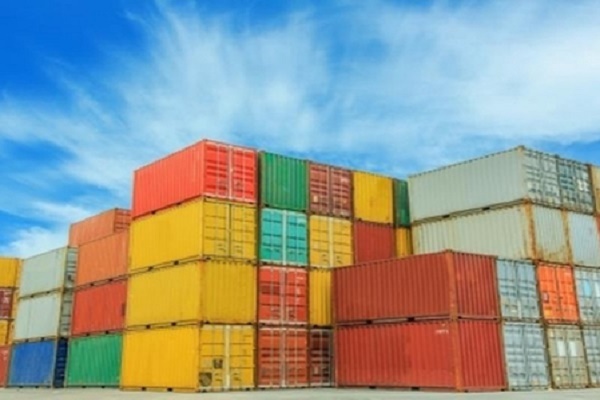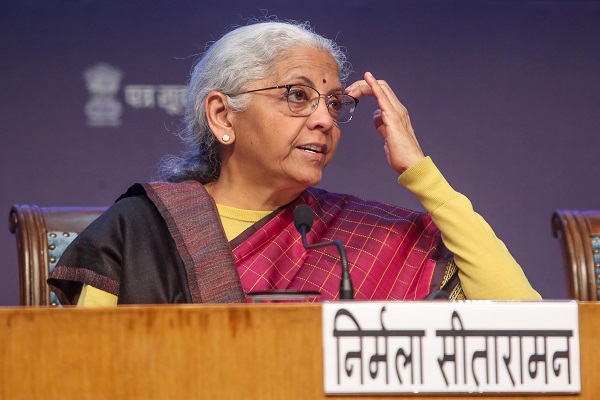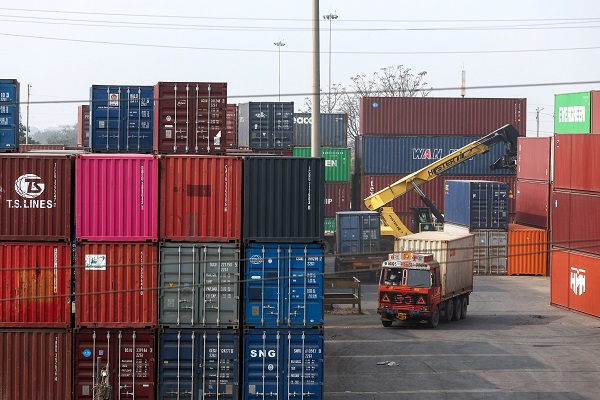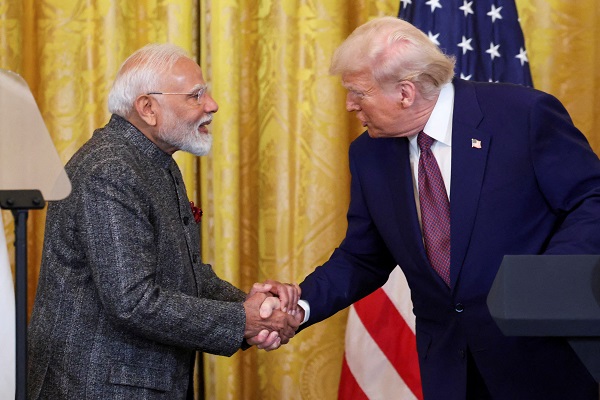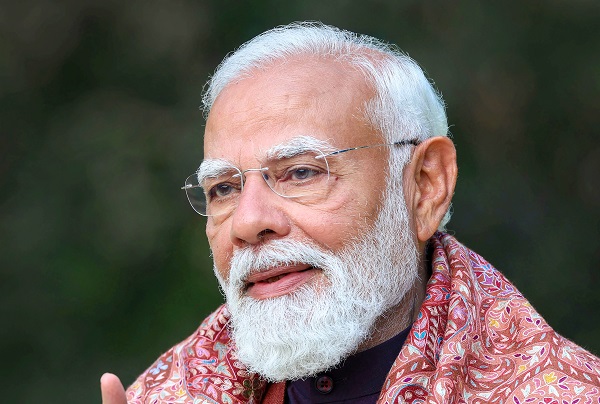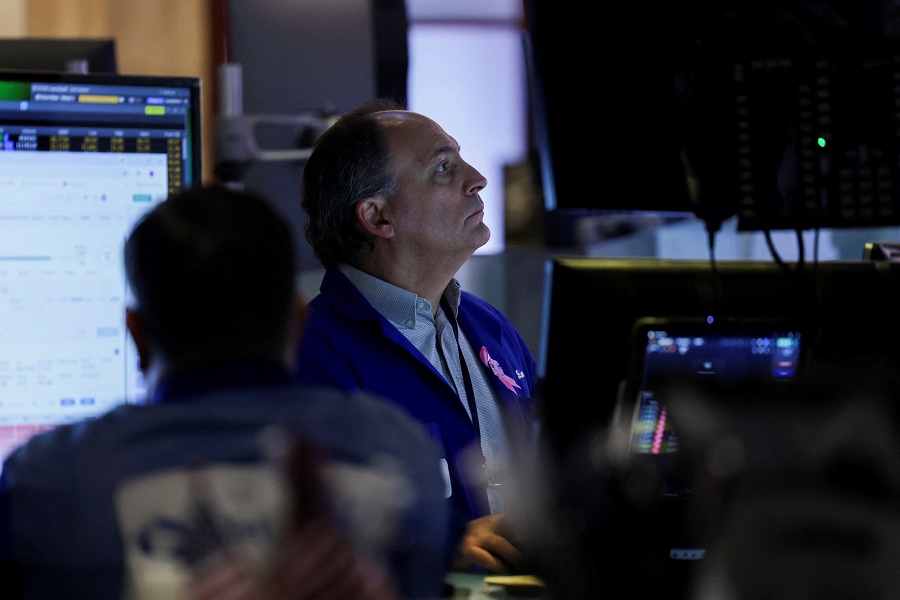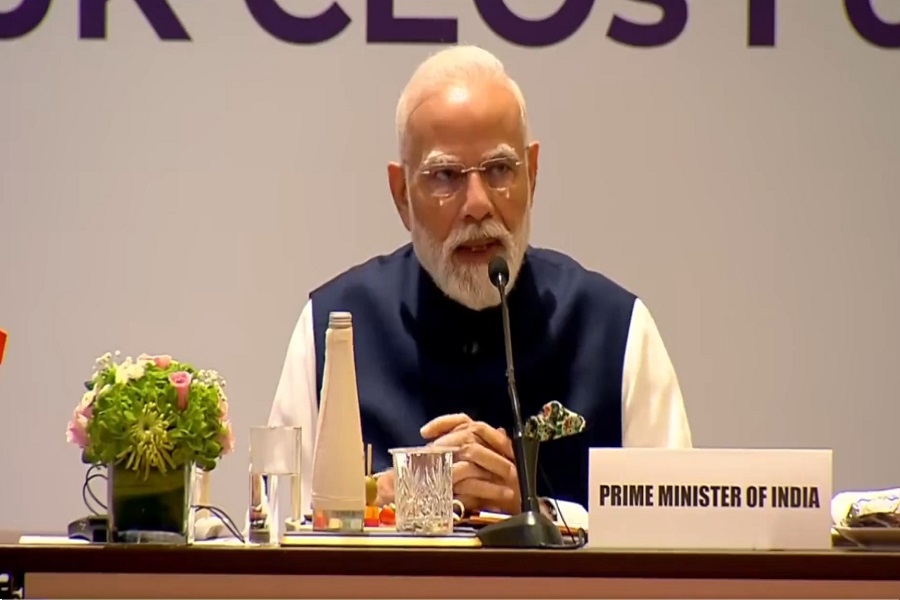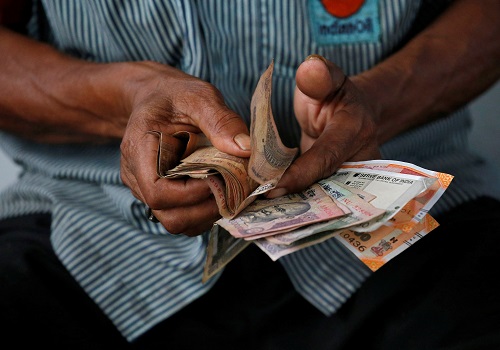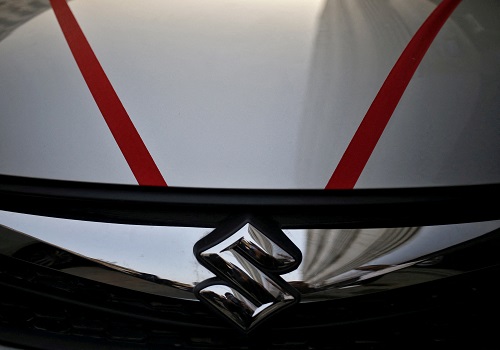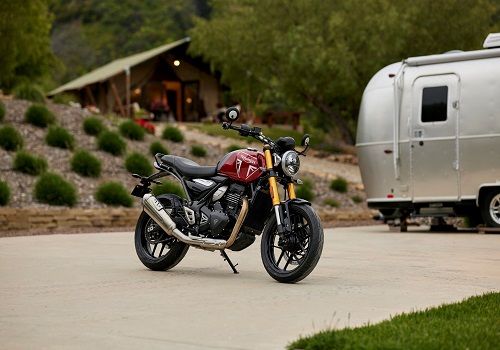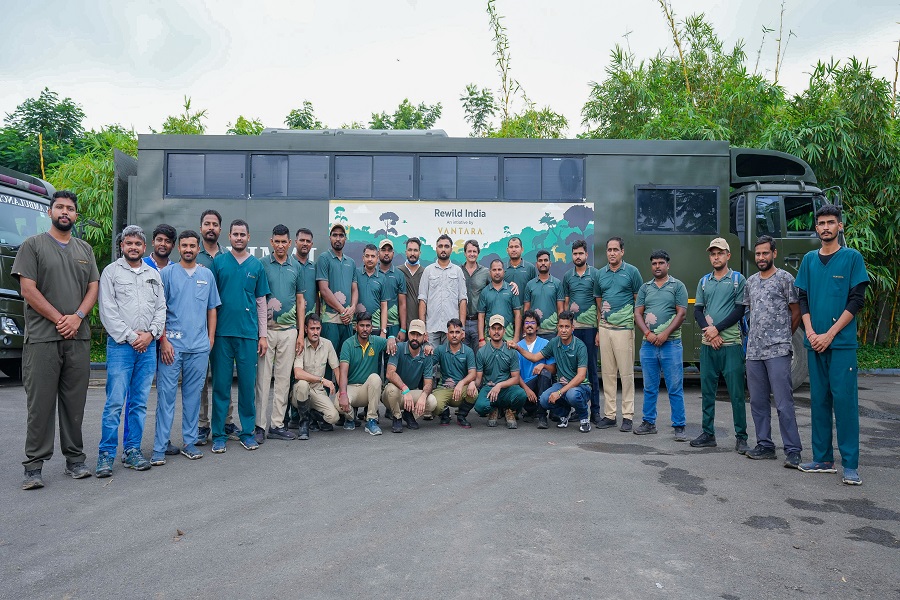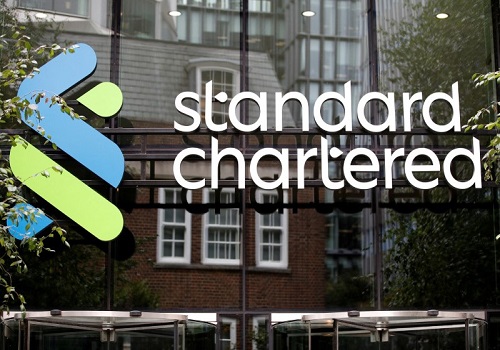India Global Competency Centre to become second largest for Volvo Global: Kamal Bali
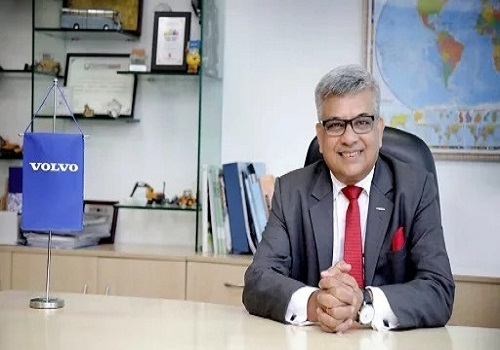
With more and more high-end work assigned to its research and development (R&D) centre/Global Competency Centre (GCC) in Bengaluru, Swedish automotive major Volvo will be increasing its headcount, said a top official of Volvo Group India.
"Next year we will be adding about 500 people and the majority of them will be in GCC. The centre is getting more complex work from Volvo global. Several patents have been filed from this centre," Kamal Bali, President and Managing Director, Volvo Group India, told IANS in an interview.
The proposed recruits will be engineers having qualifications in embedded electronics, electric mobility and others, he added.
Bali said the Volvo Group India is now working with start-ups suppliers, government authorities for innovation in the areas of future energy.
With a headcount of about 2,500, the centre offers accounting, information technology (IT), truck design, and robotic process automation-related services and others to Volvo group companies around the world.
According to Bali, the Indian GCC will soon be the second largest centre for Volvo outside of the home country Sweden.
As per India Ratings & Research credit rating report, Volvo Group India had closed a revenue of Rs 35.6 billion in FY20. The company incurred capex of around Rs 309 million in FY20.
In India Volvo is in the business of construction equipment, heavy duty trucks, marine and industrial engines, GCC, financial services and cars.
Volvo also has a mass market truck and bus joint venture with Eicher Motors India - the VECV Commercial Vehicles.
The group's products are sold under the brands of Volvo, Eicher and SDLG.
Speaking about Volvo Group India's business prospects in India Bali said the construction equipment market is very good now with investments happening in infrastructure sectors like roads and mines.
"The industry is likely to close this year selling about 80,000 units similar to the peak of 2018 and Volvo will also have a share in the growth in numbers," Bali said.
With Volvo having launched electric construction equipment and other vehicles overseas, Bali said globally 35 per cent of Volvo vehicles will become electric by 2030 and the group will be carbon neutral by 2040.
"In line with that Volvo's operations in different geographies would progress," Bali said.
On the issue of high steel prices and Volvo Group India's ability to pass on the hike he said the challenging scenario is expected to get solved in one quarter.
There will be some price adjustments in the products. In the construction equipment segment it has been made.
"We are bullish about the construction equipment segment as the government has announced the National Infrastructure Pipeline (NIP) involving an investment of $1 trillion. Lot of investments are happening in the road sector as seen from the demand for road construction equipment," Bali said.
About 40 km of road is laid per day now in India as against 8-9 km per day earlier.
"It is going to be a virtuous cycle as the government has also announced its asset monetisation plans. So, infrastructure will be built, it will be monetised and further investment will be made in the core sector," Bali said.
Volvo has about 40 per cent local content in its construction equipment and during the last three years a lot of localisation of components has happened, Bali added.
The company also exports its construction equipment to South Asia.
Similarly in the heavy trucks segment that are used in the mines Volvo is gearing up further.
In the case of 5-8 litre industrial engines, made at the VECV commercial plant in Pithampur, the Volvo Group India apart from selling to marine and industrial segments has started selling to makers of sugarcane harvesters, compressors and others, Bali said.
Earlier Volvo Group India had under its fold the Volvo Bus division which transferred to VECV Commercial Vehicles.
As per plans, high-end luxury buses will be badged as Volvo and the mass market vehicle will be sold under the Eicher brand.
Recently officials of VECV Commercial mentioned 16 bus prototypes which would be badged as Volvo or Eicher depending on the market segment they would address.
VECV Commercial has launched a 15-metre luxury sleeper coach --badged Volvo and priced over Rs 1.5 crore -- with 39 sleepers.
The first eight coaches made at its facility in Hoskote near Bengaluru have already been sold to the Kerala State Road Transport Corporation.
Bali said the future of automation will be largely driven by: combination of electric and alternate fuels (CNG, Hydrogen); autonomous/driverless vehicles in confined areas like ports; new transport concepts like last mile connectivity, long haul cargo; connectivity and digitisation which would throw up a large amount of data requiring analytics and new transport business models like cargo aggregation and ride sharing.
